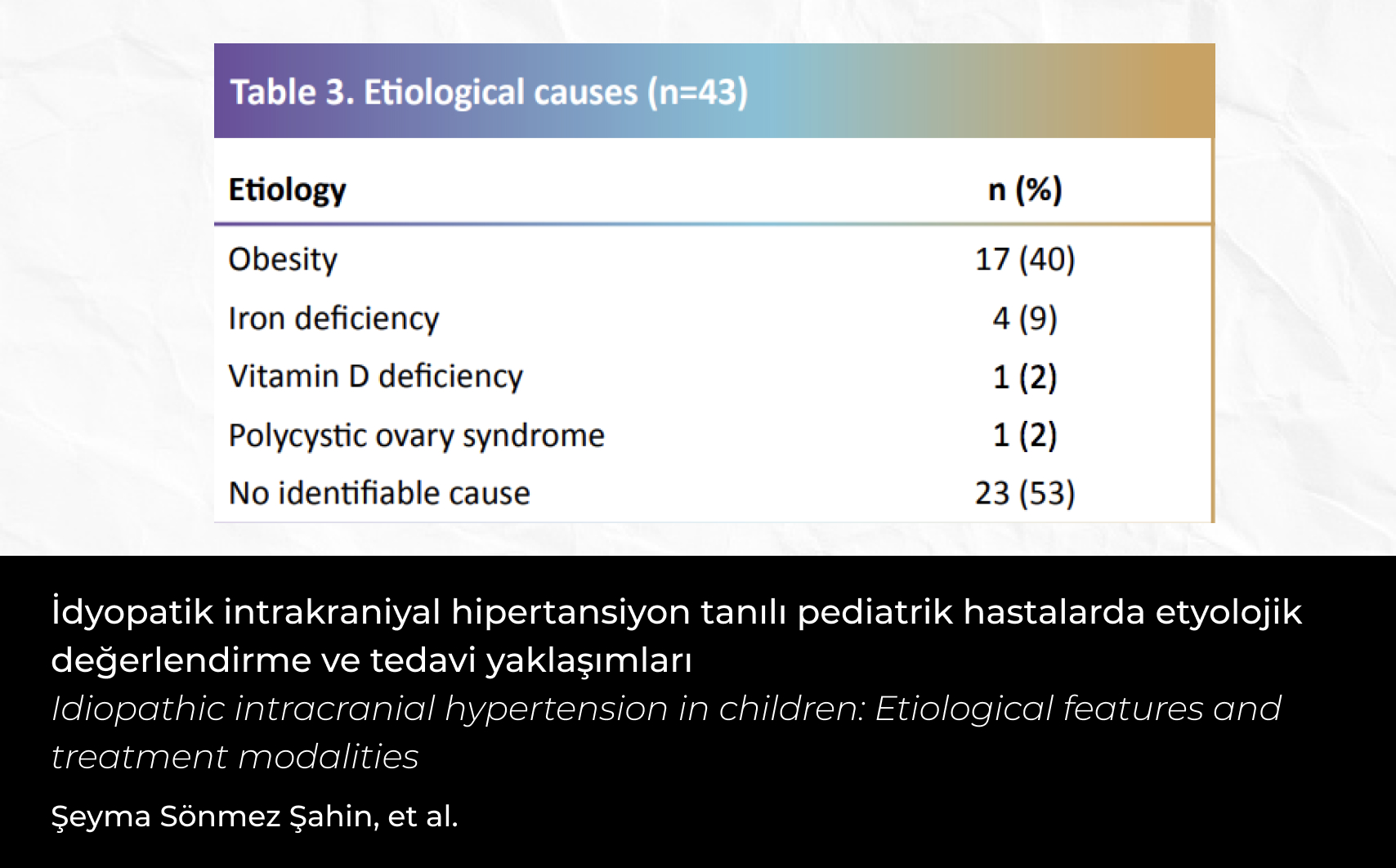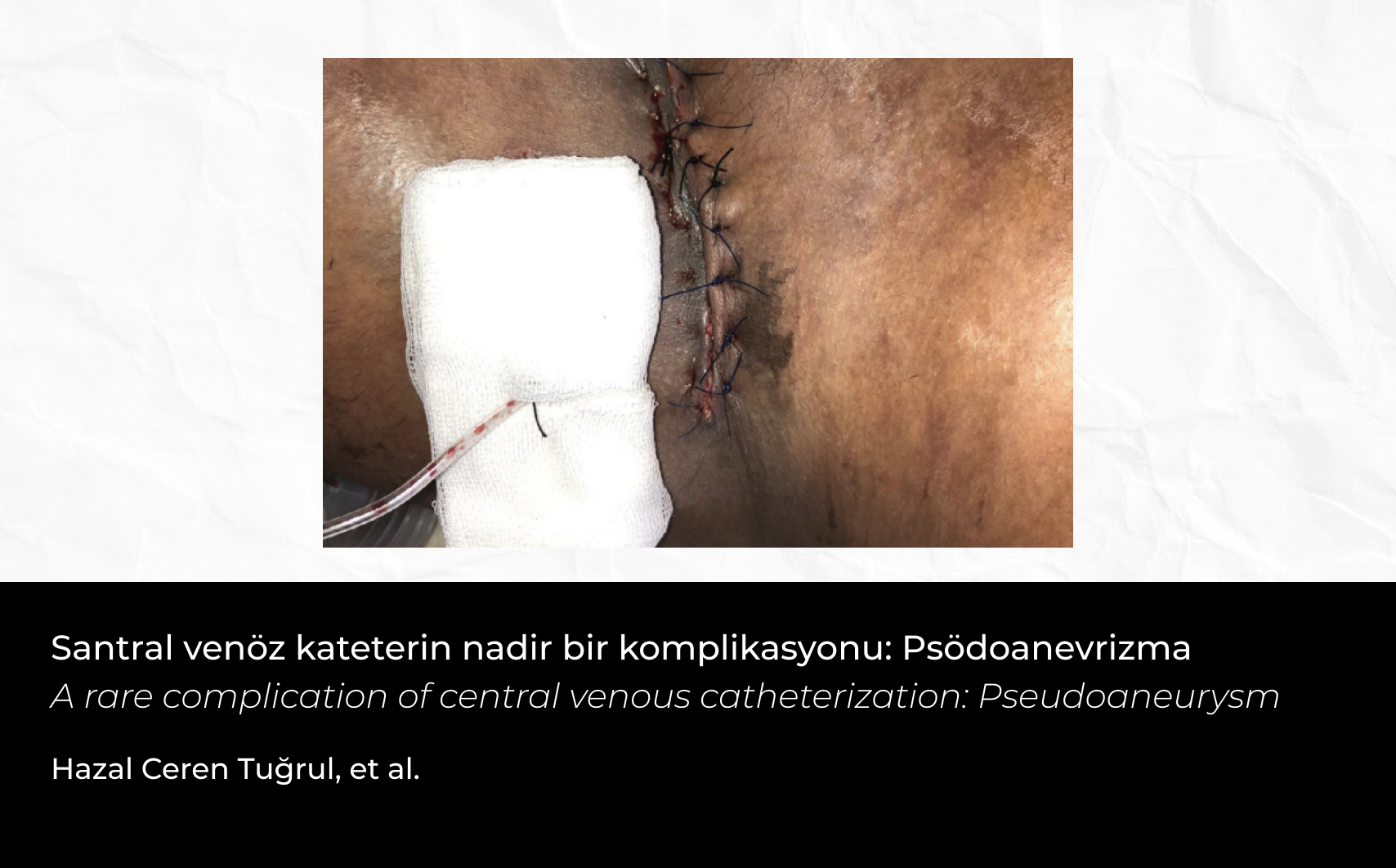2Avans Uygulamalı Bilimler Üniversitesi, Biyoloji ve Tıbbi Laboratuvar Araştırmaları, Breda, Hollanda
3İstanbul Üniversitesi Tıp Fakültesi Çocuk Cerrahisi Ana Bilim Dalı, İstanbul
Özet
Amaç: Cerrahi girişim, travma ve anestezi geçici olarak immün sistemde baskılanma oluşturur ve bu etki dolaşımdaki lenfosit sayısının azalması, doğal öldürücü lenfositlerin sitotoksitelerinde bozulma, T hücrelerinin çoğalmasında baskılanma ve nötrofil fonksiyonlarında azalmaya sebep olur. Bu çalışmada elektif minör cerrahinin immün sistem üzerine etkisi araştırıldı.
Gereç ve Yöntemler: Büyük çoğunluğu inguinal bölge patolojisine sahip 26 hastaya elektif koşullarda minör cerrahi girişim uygulandı ve Hemogram, lökosit formülü, C-reaktif protein, total hemolitik kompleman, kompleman 3 (C3), C4, T lenfosit sayısı (CD3), B lenfosit sayısı (CD19), İmmünoglobulin (Ig)A, IgG, IgM parametreleri incelendi. Hastalardan anestezi indüksiyonu öncesi, ameliyat sonrası 24. saat ve 7. günler olmak üzere üç kez kan alındı.
Bulgular: Ameliyat sonrası 24 saatte, ameliyat öncesi değerlere göre lökosit sayısı, nötrofil, eozinofil yüzdesi ve CD19’da anlamlı bir artış izlenirken hemoglobin, hematokrit değerlerinde, lenfosit yüzdesinde, CD3’te ve IgM’de ise anlamlı düşme tespit edildi. Ameliyat sonrası 7. gün belirtilen parametreler ameliyat öncesi değerlere dönmüştü.
Tartışma: Bu bulgularla minör cerrahi girişimleri takiben immün sistemdeki oluşan değişimlerin fonksiyonal bir baskılanmadan çok akut dönemde oluşan geçici bir değişim olarak değerlendirildi.
2University of Health Sciences Ümraniye Health Application and Research Center Pediatric Surgery, Istanbul, Turkey
3Istanbul University Faculty Of Medicine Department of Pediatric Surgery, Istanbul, Turkey
Abstract
Objective: Surgical intervention, trauma and anesthesia cause suppression of the immune system temporarily, and this affect causes a decrease in the number of lymphocytes in the circulation, deterioration in the cytotoxicity of natural killer lymphocytes, suppression of the proliferation of T cells and a decrease in neutrophil functions. The aim of this study was to investigate the effects of minor elective surgery on the immune system.
Material and Methods: Twenty-six patients, most of whom had pathology of the inguinal region, were included in the study, and all patients underwent minor surgical intervention under elective conditions. Most of the patients had inguinal region pathology and all underwent minor surgery in elective conditions. Hemogram, leukocyte formula, C-reactive protein, total hemolytic complement, complement 3 (C3), C4, T lymphocyte count (CD3), B lymphocyte count (CD19), Immunoglobulin (Ig)A, IgG, and IgM parameters were examined. Blood was taken from the patients three times before anesthesia induction, 24 hours and 7 days after surgery.
Results: In 24 hours postoperatively, a significant increase was observed in leucocyte count, neutrophil, eosinophil percentage and CD19 compared to preoperative values, while a significant decrease was detected in hemoglobin, hematocrit values, lymphocyte percentage CD3 and IgM. In the values obtained 7 days after the surgery, it was observed that the increasing and decreasing values returned to their preoperative values.
Conclusion: With these findings, changes in the immune system subsequent to minor surgical interventions were evaluated as a temporary change in the acute period rather than a functional suppression.






 Semih Lütfü Mirapoğlu1
Semih Lütfü Mirapoğlu1 





